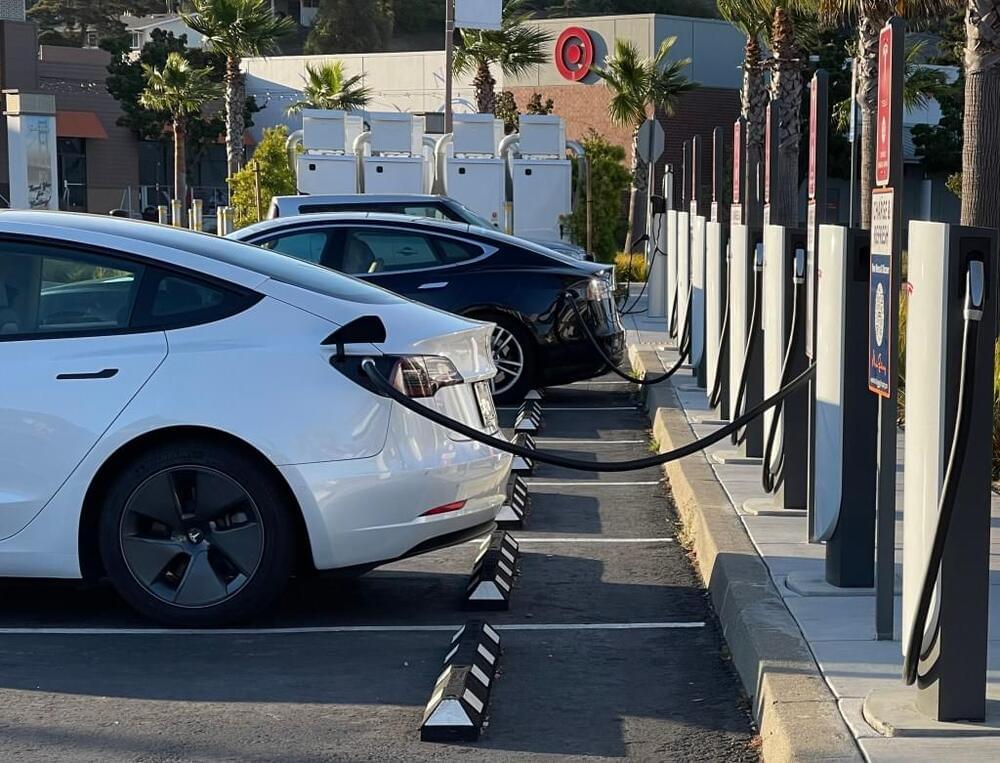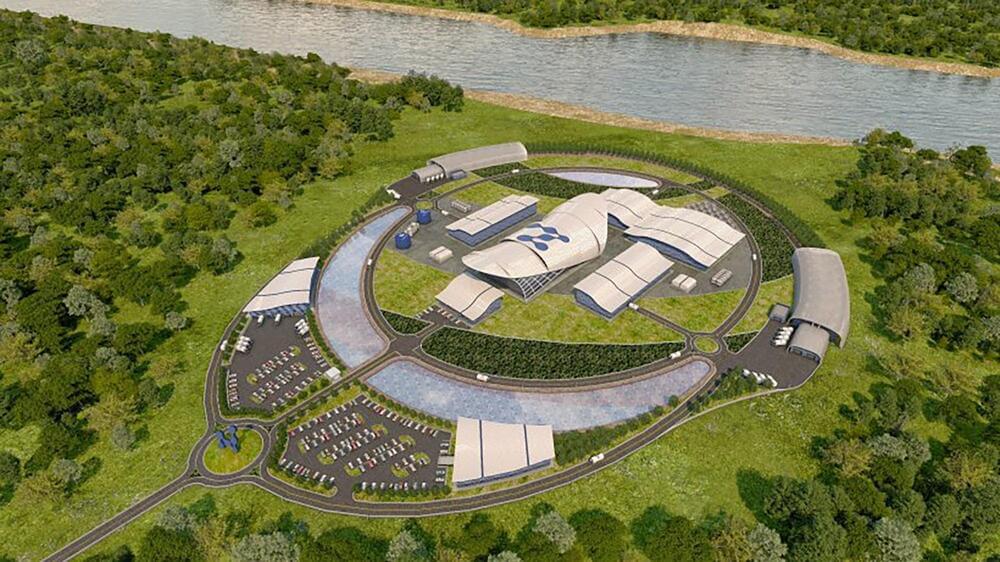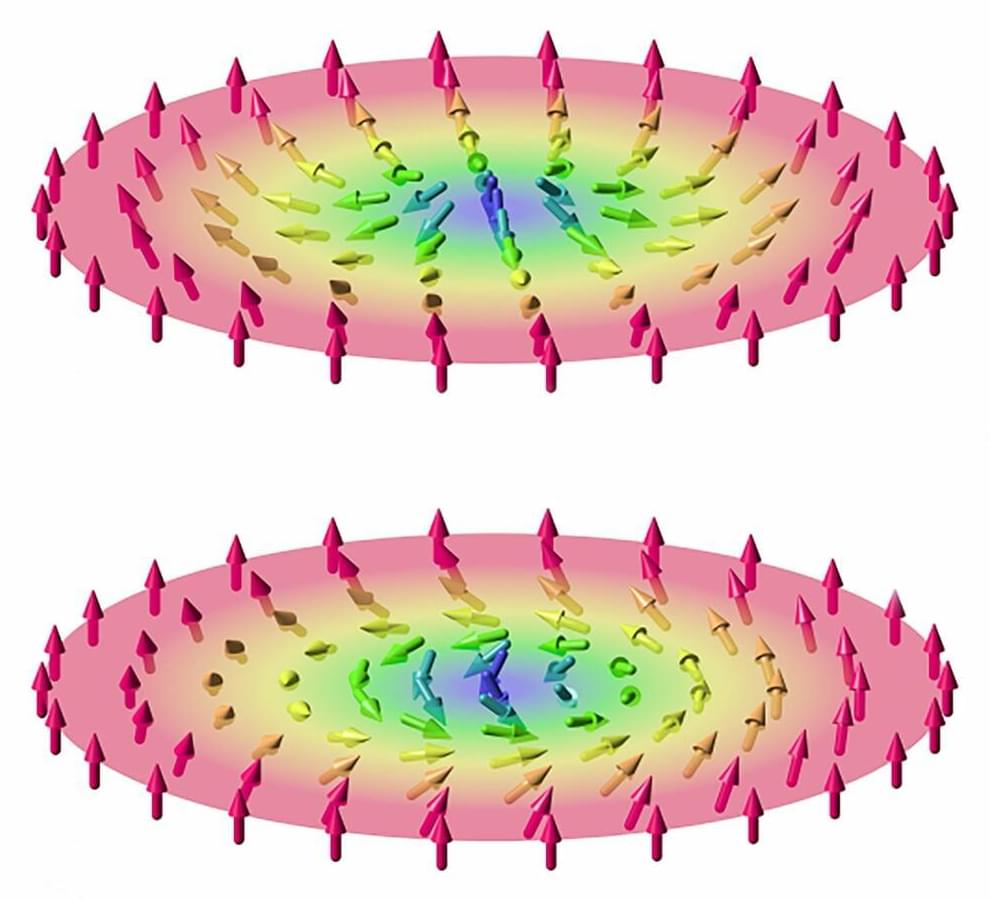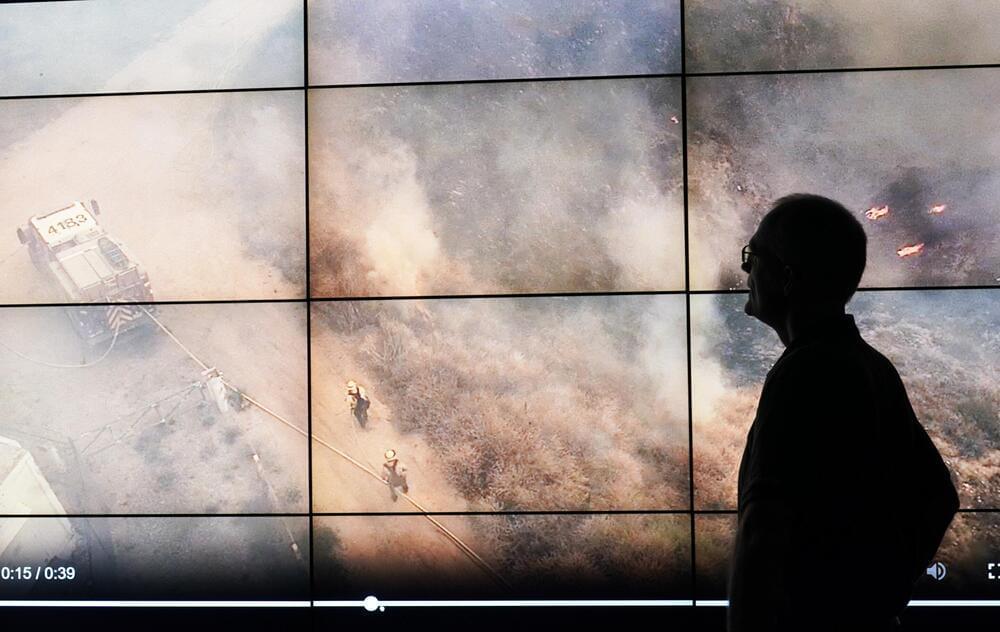I WOULD SUSPECT IF WE CAN GET OFF THIS PLANET AND FIND SOMEWHERE MORE HABITABLE, THAT WOULD BE MORE PREFERABLE.
The world’s land masses are, a new super-charged climate model suggests, going to form into one giant supercontinent — and if humans manage to survive the shift, we will become like the inhabitants of Arrakis, the desert planet at the heart of the “Dune” series.
A new study led by researchers at the University of Bristol and published in the journal Nature Geosciences predicts that over the next 250 million years, the continents will shift to form what they’re calling “Pangea Ultima,” an uber-hot supercontinent that will be inhospitable to most mammals due to the conditions that made it.
Specifically, the environmental and geophysical researchers predict in their study that the volcanic activity from the tectonic shifting — and the subsequent rise in carbon dioxide to potentially more than double Earth’s current levels — would make most of the land on Pangea Ultima “barren,” according to a Nature summary of the study.








